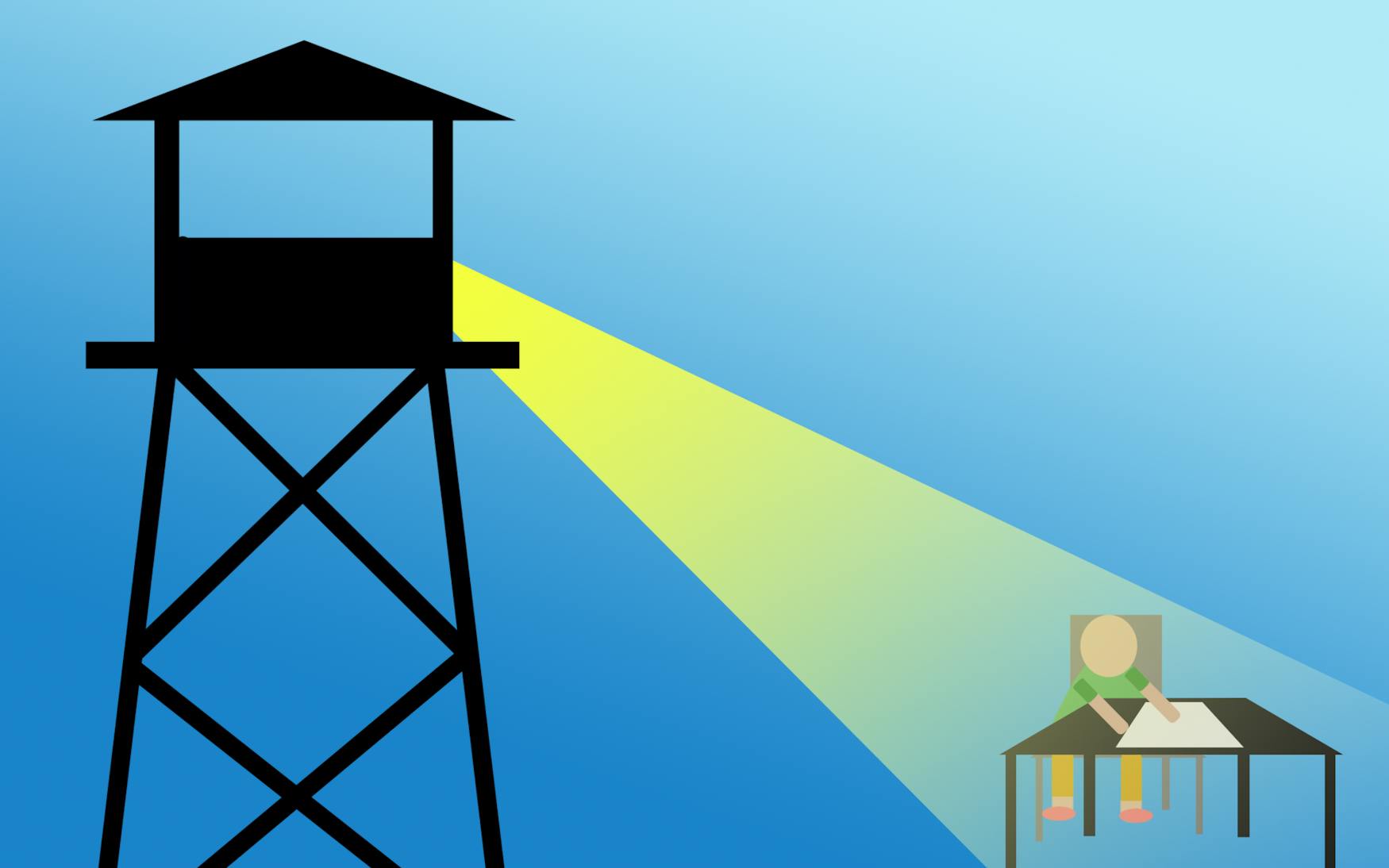Universities need to condemn the use of problematic online proctor services
It is no secret that online learning is drastically different from the traditional classroom-based education we took for granted in a pre-COVID-19 world. Although lectures and discussion sections can be approximated with Zoom calls and breakout rooms, many have worried about how to recreate a classroom testing environment remotely, with many colleges and universities turning to online proctor services as the solution. However, these online proctor services — such as Proctorio, ProctorU and Honorlock — violate student privacy and exacerbate existing systems of oppression. This board is grateful that Brandeis has not instituted the use of these proctor services in response to the pandemic, and we call on all educational institutions, including our own, to take a bold stance against these services.
Students should be aware of how these proctor services work and what information they collect. Although each service is different, they typically use some combination of recording video and audio from test-takers’ webcams, asking students to show a 360 degree view of their surroundings, accessing students’ computer screens, requiring students to show a photo ID, using facial-recognition software, tracking students’ eye movements, measuring students’ typing style and speed and gathering data on the students’ locations, according to an April 1 Washington Post article. Some services have live proctors watch students through their webcams, while others rely solely on algorithms to determine potential cheating. The same article notes that these companies “retain rights to much of [the data] they gather from students’ computers and bedrooms.” Clearly, these proctor services present a privacy concern for students, where companies — and sometimes schools — have access to a massive amount of identifying and personal information.
Beyond the privacy issues, people concerned with education equity have also raised concerns that these services exacerbate existing systems of oppression. In a recent guest talk given in Profs. Caitlin Gillespie (CLAS) and Dorothy Kim’s (ENG) “Race Before Race: Premodern Critical Race Studies” class, education writer Audrey Watters explained that education technology, including proctor services, has a long history of reproducing inequalities, especially racism. In an op-ed for the MIT Technology Review, librarian Shea Swauger summed it up by declaring, “It’s become clear to me that algorithmic proctoring is a modern surveillance technology that reinforces white supremacy, sexism, ableism, and transphobia.” For instance, many proctor services require students to show their ID cards, legal documents that are often difficult for trans individuals to update to accurately reflect their gender. Swauger's piece also includes a story from a Black woman who used a proctor software that "prompted her to shine more light on her face" when it tried to validate her identity. Tracking eye movements and flagging students for leaving their desks can penalize students with a variety of disabilities. Swauger also highlighted the especially problematic role of facial recognition software that these online proctor services rely on, which has “proven to be racist, sexist, and transphobic over, and over, and over again.”
These privacy and equity concerns make the use of online proctor services deeply unethical, and we are relieved and grateful that Brandeis has not promoted their use during this pandemic. In a Sept. 12 email to the Justice, Director of Media Relations Julie Jette explained that the Academic Technology Committee and department chairs "reviewed Proctoro [sic] and ProctorU and concluded that the privacy of the software was very concerning.” She added, “Faculty members have not been encouraged to use proctoring software,” and the University is not providing any “financial or technical assistance” for professors to individually purchase the services. “It is not anticipated that it will be used in any exams at Brandeis,” she wrote.
Faculty have instead been encouraged to either “live-proctor online exams through breakout rooms” with the assistance of teaching assistants or replace large exams with “smaller assessments” or papers and projects, she explained. This advice was given to professors during training this summer hosted by the Center for Teaching and Learning's Hybrid Teaching Institute which over 500 faculty members took part in, per Jette’s email.
These are all important steps in the right direction of promoting equity and respecting students’ privacy during these unprecedented times. In particular, this board supports efforts to replace exams with other assignments or smaller quizzes that do not require proctoring in classes that take place online.
We also recognize, however, that equity in education should not be a matter of just being lucky enough that our institution has made the right choice to forego these services. Our University should help start a national conversation about the issues with these services by making a formal declaration that faculty are not allowed to use these services. The Faculty Association of the University of California, Santa Barbara took an important step in March by urging its administration to end its contract with ProctorU, and students at other colleges and universities are protesting the use of the services. This is an opportunity for Brandeis to live up to its social justice identity and make a difference for students beyond our campus.



Please note All comments are eligible for publication in The Justice.